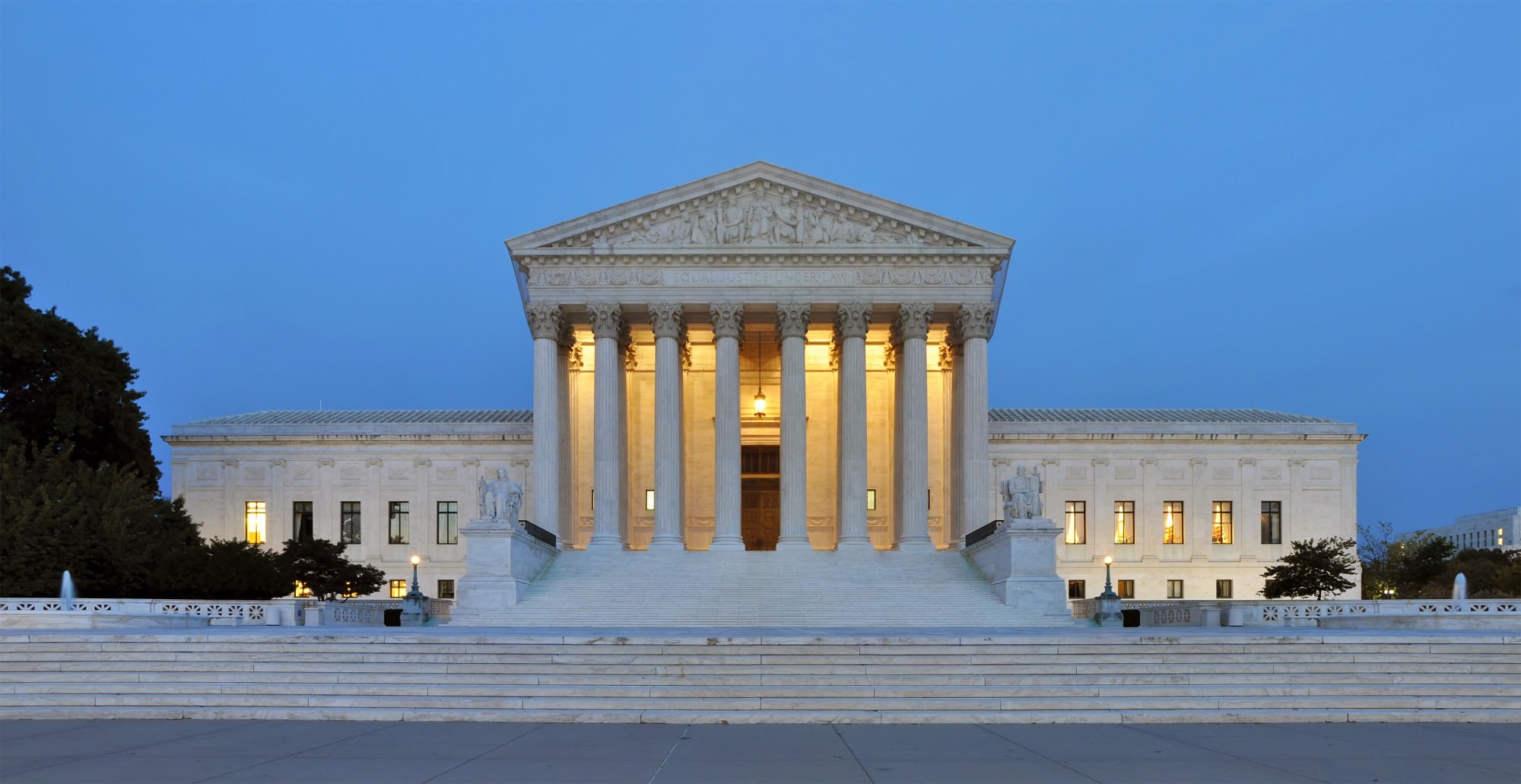U.S. News
Sotomayor Rips Fellow Justices on Affirmative Action: Ruling ‘Rolls Back Decades of Progress’
By Mara Lafontaine · June 29, 2023
In brief…
- The U.S. Supreme Court voted 6-3 against affirmative action, effectively ending the explicit consideration of race in college admissions.
- Judge Ketanji Brown Jackson recused herself due to her ties with Harvard, one of the defendants.
- The court ruled that affirmative action in admissions violated the 14th Amendment's equal protection clause.
- Supporters of the ruling, including the President of Students for Fair Admissions, hailed the decision as a restoration of a "colorblind legal covenant."
- NAACP President Derrick Johnson and Justice Sotomayor expressed dismay at the ruling, with Sotomayor arguing it rolled back decades of progress.

The US Supreme Court ruled against affirmative action in a vote of 6-3, effectively ending the explicit consideration of race in college admissions. The court’s ruling stated that affirmative action in admissions violated the 14th Amendment’s equal protection clause and was, therefore, unlawful. Judge Ketanji Brown Jackson recused herself because of her ties with Harvard, one of the defendants in the case.
The decision has been met with predictably mixed reactions. Supporters of the ruling, such as Edward Blum, Founder and President of Students for Fair Admissions, celebrated it as “the beginning of the restoration of the colorblind legal covenant that binds together our multi-racial, multi-ethnic nation.”
NAACP President Derrick Johnson, meanwhile, argued that reverting to previous practices is unjust given the “centuries of state-sponsored harm” against African Americans. “The Supreme Court has failed America,” he told CBS News. Likewise, Justice Sotomayor argued in her dissent that the ruling “rolls back decades of precedent and momentous progress.”
Public attitudes toward affirmative action appear to be similarly mixed. In a CBS News poll, 70% of Americans oppose the use of race-based college admissions, and yet 53% claimed to support affirmative action broadly.
Dr. Maurice Cayer, Professor of Human Resources at the University of New Haven, predicted on Fox News that colleges and universities would devise new strategies to achieve diversity in admissions decisions. “We’ll see some interesting measurement techniques using … socioeconomic status as well as hardships endured — things like that, which would apply not only to African-Americans and Hispanics but also Asian Americans, which is the predominant group that brought this challenge to the Supreme Court in the first place.”